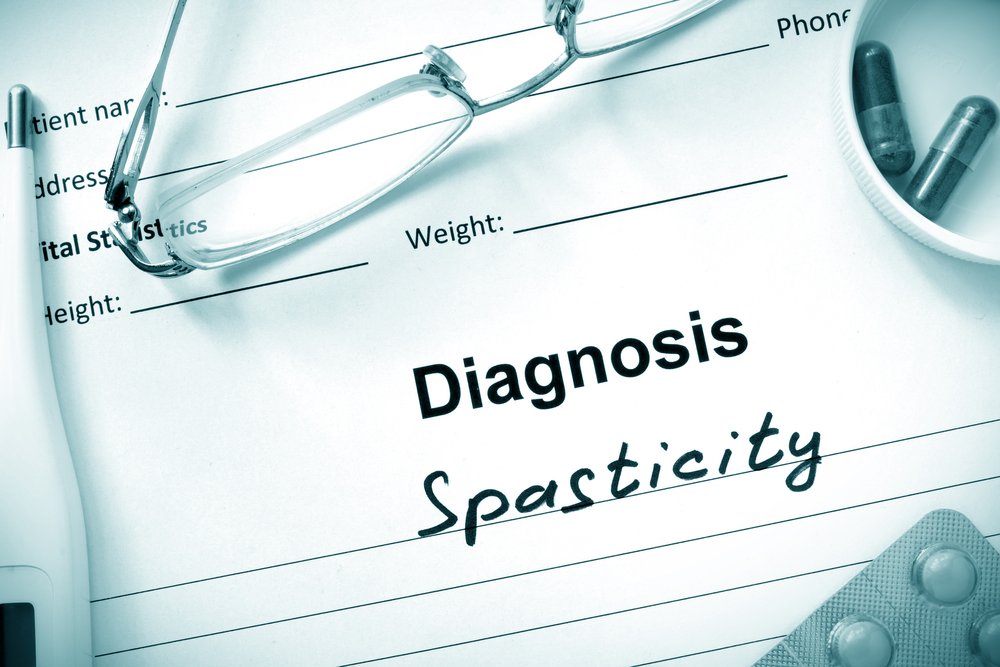FDA Expands Dysport Approval for Treatment of Lower Limb Spasticity in Adults

The U.S. Food and Drug Administration (FDA) has expanded approval of Dysport (abobotulinumtoxinA) for the treatment of lower limb spasticity in adults based on its supplemental Biologics License Application (sBLA), according to therapy developer Ipsen Biopharmaceuticals.
Lower limb spasticity is a condition that affects many people in the United States, including patients with cerebral palsy, multiple sclerosis, spinal cord injuries, traumatic brain injuries, and those who have strokes.
Spasticity is characterized by an abnormal increase in muscle tone or stiffness in one or more muscles, and it can affect a patient’s ability to move. It is usually caused by injury to nerve pathways in the brain or the spinal cord that control muscle movements.
Spasticity usually affects the gastrocnemius and soleus muscle complex, a group of muscles found in the calf. It can vary from mild muscle stiffness to severe, painful, and uncontrollable muscle spasms.
Known as an anti–wrinkle treatment and alternative to Botox, Dysport is made from a toxin that originates from the bacteria that causes botulism. The FDA approved Dysport for the treatment of upper limb spasticity in 2015, and for the treatment of lower limb spasticity in children aged 2 and older in 2016.
Results from the Phase 3 clinical trial (NCT01251367) showed that Dysport can be safely used to treat lower limb spasticity in adults. The Phase 3 multicenter, double-blind, randomized, and placebo–controlled study evaluated Dysport in 381 adult patients with lower limb spasticity, according to the Modified Ashworth Scale (MAS), a simple measure of spasticity done by testing the resistance of soft tissue when stretched.
A group of 125 patients received 1,000 units of Dysport, 128 patients received 1,500 units, and 128 patients received a placebo. Dysport was injected into the gastrocnemius-soleus muscle complex in the calf and at least one other lower limb muscle, depending on the patient’s response.
The results showed that injections of 1,500 units of Dysport led to a statistically significant improvement in muscle tone and spasticity at the ankle joint. The duration of response for most patients was 12-16 weeks. Some patients experienced a longer duration of response at approximately 20 weeks.
Dysport should not be reinjected less than 12 weeks after the initial treatment, and only when the effects of a previous injection diminish. Depending on the response pattern, dosage may be changed along with the muscles that are injected.
“Adult patients who have developed spasticity as a result of a stroke, Multiple Sclerosis, Cerebral Palsy, spinal cord injury, or traumatic brain injury now have another option when seeking treatment that helps reduce the effects of the increased muscle tone in their lower extremities,” Alexandre Lebeaut, MD, Ipsen’s executive vice president of research and development and chief scientific officer, said in a press release.
“We are proud that Dysport is now available to support an additional population of patients — including those adults managing their spasticity associated with stroke, brain injury, spinal cord injury, Multiple Sclerosis, or Cerebral Palsy — and that Ipsen is able to provide comprehensive support offerings, including the IPSEN CARES patient assistance program and the C.L.I.M.B. injector training platform for healthcare providers,” said Cynthia Schwalm, executive vice president and president of Ipsen’s North America Commercial Operations.
The company also offers the IPSEN CARES program (Coverage, Access, Reimbursement, and Education Support), designed to provide patients, providers, and caregivers the appropriate resources to access Ipsen medications to manage their conditions.
Dysport, like all botulinum toxin products, has a Boxed Warning stating that the effects of botulinum toxin may spread from the area of injection to other areas of the body, causing symptoms similar to botulism. Symptoms include swallowing and breathing difficulties that can be life–threatening, Ipsen noted in its press release.


